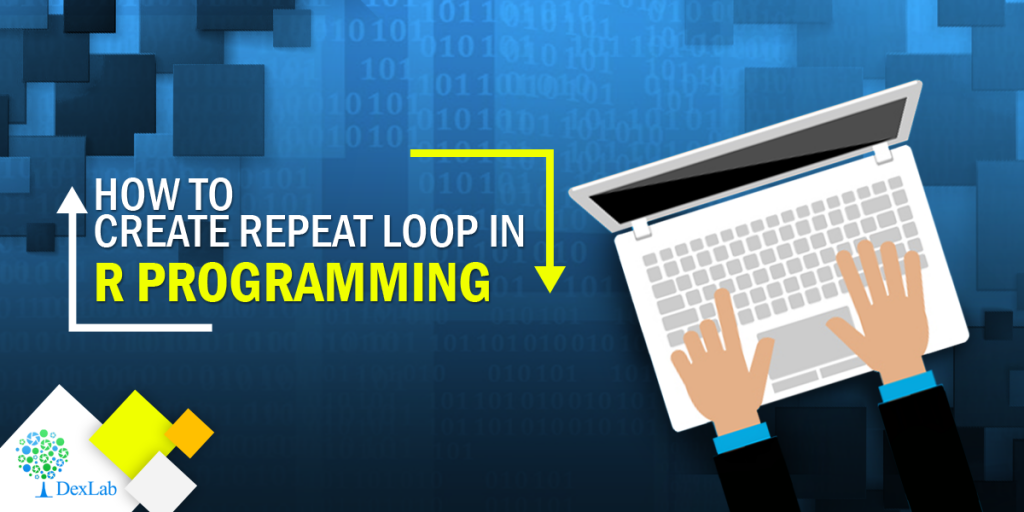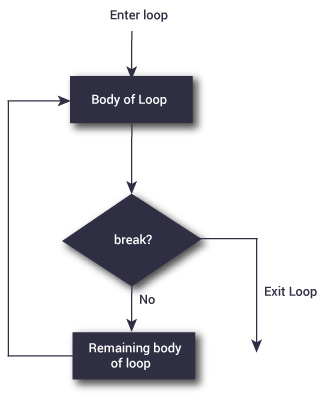
One of the fundamental advantages of the ecosystem related to R and the primary reason that lie behind the phenomenal growth of R is the practice and facility to contribute new packages to R. When this is added to the highly stable CRAN which happens to be the primary repository of packages of R,gives it a great advantage. The effectiveness of CRAN is further enhanced by the ability of people with sufficient technical expertise and to contribute packages through a proper system of submission.
It is only with sufficient effort and time that one realizes the system of packages submitted through proper procedures can yield integrated software of high quality.Even those who are relatively new to R Programming the process of discovering the packages that serves as the bedrock of R language growth. Such packages add value to the language in a reliable way.

The following 5 new packages listed in the paragraphs that follow may trigger the curiosity of data scientists.
Cloud computing is and will continue to be of great interest to all data scientists. The AzureML provides Python and R Programmers a rich environment for machine learning. If you are yet to be initiated to Azure as a user this package will go long ways in helping you get started. It provides functions that let you push R code from your local system to the Azure cloud in addition to publishing models and functions as web services.
Using distributed computing when dealing with large sets of data is invariable an irksome problem. This is truer in cases where sharing data amongst collaborators is difficult or simply not possible. The distcomp package implements a crafty partial likelihood algorithm which lets users build statistical models of complexity and sophistication on data sets that are not aggregated.
If there is any primary ensemble method that performs well on diverse sets of data on a constant basis is the forests algorithm. This particular variety performs principal analysis of components on subsets taken at random in the feature space and holds great promise.
In case there is a matrix that forms a superposition of a component that is lowly ranked along with a sparse component, rcpa calls in a robust PCA method that recovers all of these components. The algorithm was publicized by the data scientists at Netflix.
One of the primary machine learning algorithm happens to be the support vector machine. SwarmSVM has for its basis an approach that may be said to be as a clustering approach and makes provisions for 3 different ensemble methods that train support vector machines. A practical introduction to this particular method is also attached with the vignette that comes with the package.
For more such interesting technical blogs and insights, follow us at DexLab Analytics. We are a pioneering R programming training institute. Our industry experts impart the best possible R programming courses, so when are you contacting us!!
Interested in a career in Data Analyst?
To learn more about Data Analyst with Advanced excel course – Enrol Now.
To learn more about Data Analyst with R Course – Enrol Now.
To learn more about Big Data Course – Enrol Now.
To learn more about Machine Learning Using Python and Spark – Enrol Now.
To learn more about Data Analyst with SAS Course – Enrol Now.
To learn more about Data Analyst with Apache Spark Course – Enrol Now.
To learn more about Data Analyst with Market Risk Analytics and Modelling Course – Enrol Now.





